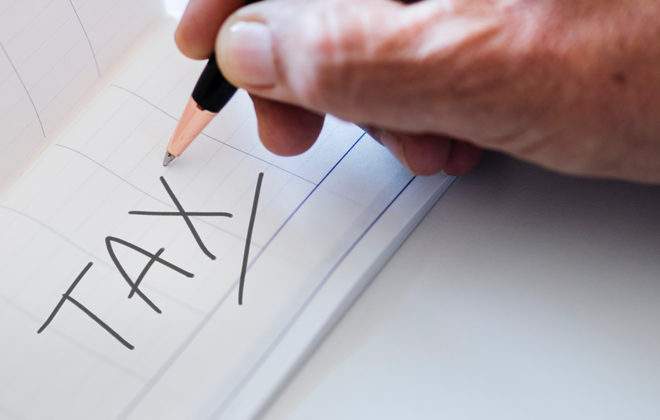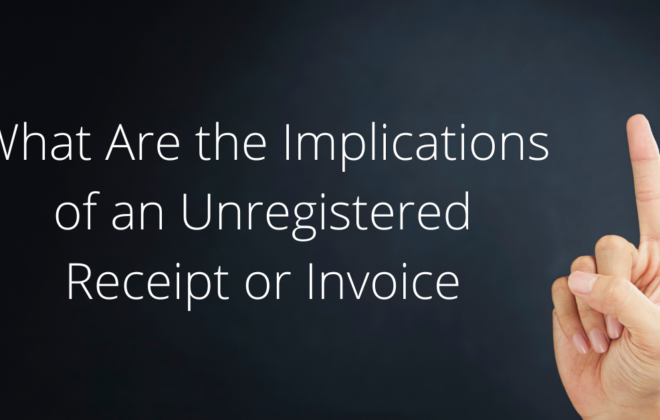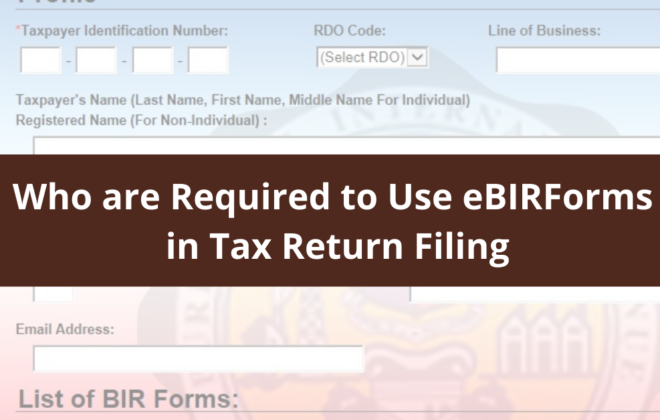3 Major Tax Provisions of ‘Bayanihan 2’ That Every Business Owner Should Know
The rising cases of COVID 19 patients in the country call for more drastic measures. The outbreak created global chaos, which affected the health and economic sectors of the country. To mitigate the effects of COVID 19, the government passed into law, Republic Act (R.A.) 11494 or “The Bayanihan to Recover Act,” also known as “Bayanihan 2”.
Some of the programs and interventions cited in the Act are tax incentives meant to relieve the taxpayers’ burdens due to business disruption and inactivity. Thus, we will discuss the three major tax provisions directly affecting the business sector.
Net Operating Loss Carry-Over (NOLCO)
Under typical situations, business owners can claim NOLCO for the next three business cycles following the year of loss. To cushion the impact of losses due to business slowdown, the new law extends the carry-over of operating loss to the next succeeding five consecutive years immediately following the year of loss. Revenue Regulations (R.A.) 25-2020 specifies that the carry-over extension applies only to the business’ net losses for taxable years 2020 and 2021.
A taxable year could either be a calendar or fiscal, depending on the accounting cycle adapted by the business.
Therefore, the extended carry-over should cover losses for business operations ending December 31, 2020, and December 31, 2021, for companies adopting the calendar year method.
The carry-over holds true to companies using the fiscal year accounting cycle, specifically for business operations ending on or before June 30, 2021, and June 30, 2022, respectively.
Documentary Stamp Tax (DST) for Loan Documents
The Bayanihan 2 grants a one-time, sixty-day deferment of the loan payment, extending the loan maturity by two months. Covered by this provision are existing, current, and outstanding loans falling due, or any part thereof, on or before December 31, 2020.
Usually, when there are alterations to the loan data, in this case, the loan maturity, banks, and other financial institutions require their borrowers to sign another set of loan documents, which is subject to DST.
However, R.A. 11494 and R.R. 24-2020 ensures that debtors are not unnecessarily burdened with the DST on the loan extension and restructuring
Donation of Identified Equipment for Use in Public Schools
The government supports the education of the youth under the new learning setup. It encourages learning devices such as personal computers, tablets, and other similar equipment for teaching and learning in public schools.
Benefactors may enjoy tax incentives for this philanthropic act. Based on R.R. 26-2020, corporations may deduct the actual donation/contribution cost subject to certain limitations and conditions.
Moreover, donors are exempt from paying the Donor’s Tax. In foreign donations, the imported items are not subject to Value-added Tax (VAT) and issuance of Authority to Release Imported Goods (ATRIG).
For local donations, where the donated items are initially intended for sale or use in the course of business by the donor, these are not considered as sales transaction and is not subject to VAT.
In this challenging business climate, we need to save our resources as much as we can to stay afloat. We are on the right track by knowing the allowable deductions for our business as a result of the passage of the “Bayanihan to Recover as one Act”.
————————————–
Do you want to learn more about the legally available tax reduction strategies?
Do you need assistance with tax compliance and bookkeeping?
Our team would be happy to help you. Contact us today!
Email us at info@djkaaccounting.com or send us a message on Facebook: https://www.facebook.com/djkaaccounting
Recent Posts
- New Features and Functionalities of the Online Registration and Update System (ORUS)
- A Comprehensive Guide to Taxation for Freelancers in the Philippines
- New Tax Laws in 2024: What Changes Filipino Taxpayers Should Prepare For
- How to Avoid Common Tax Mistakes in 2024
- Tax Deductions and Benefits Often Overlooked by Filipino Taxpayers





